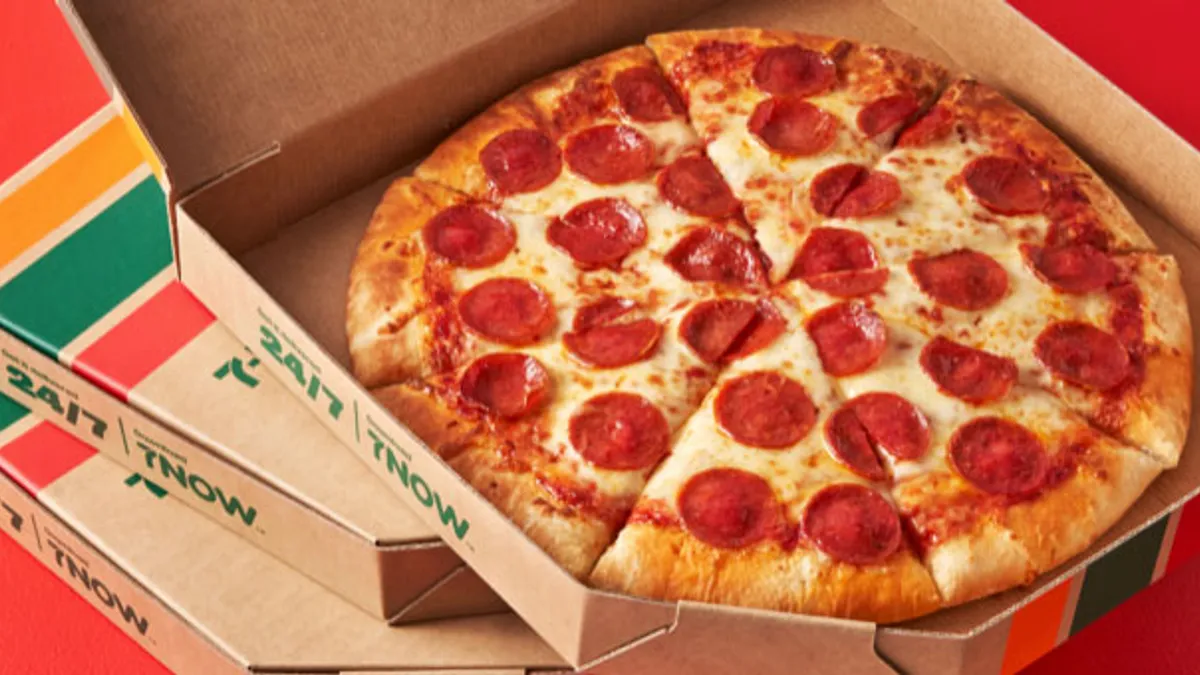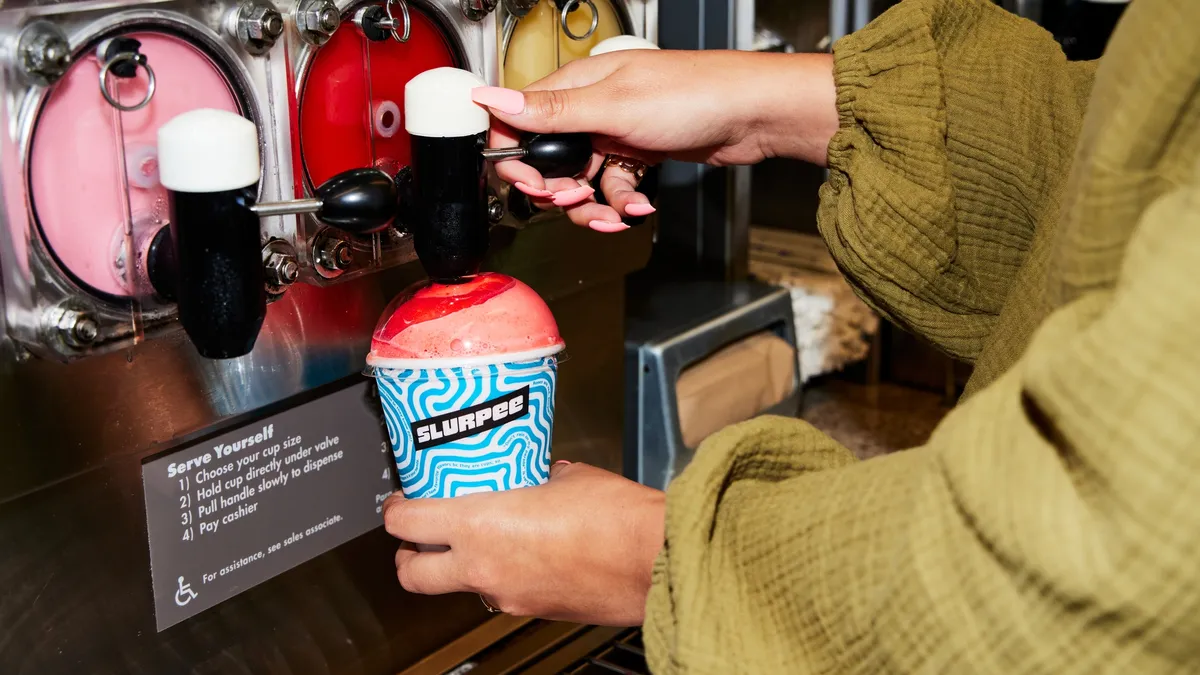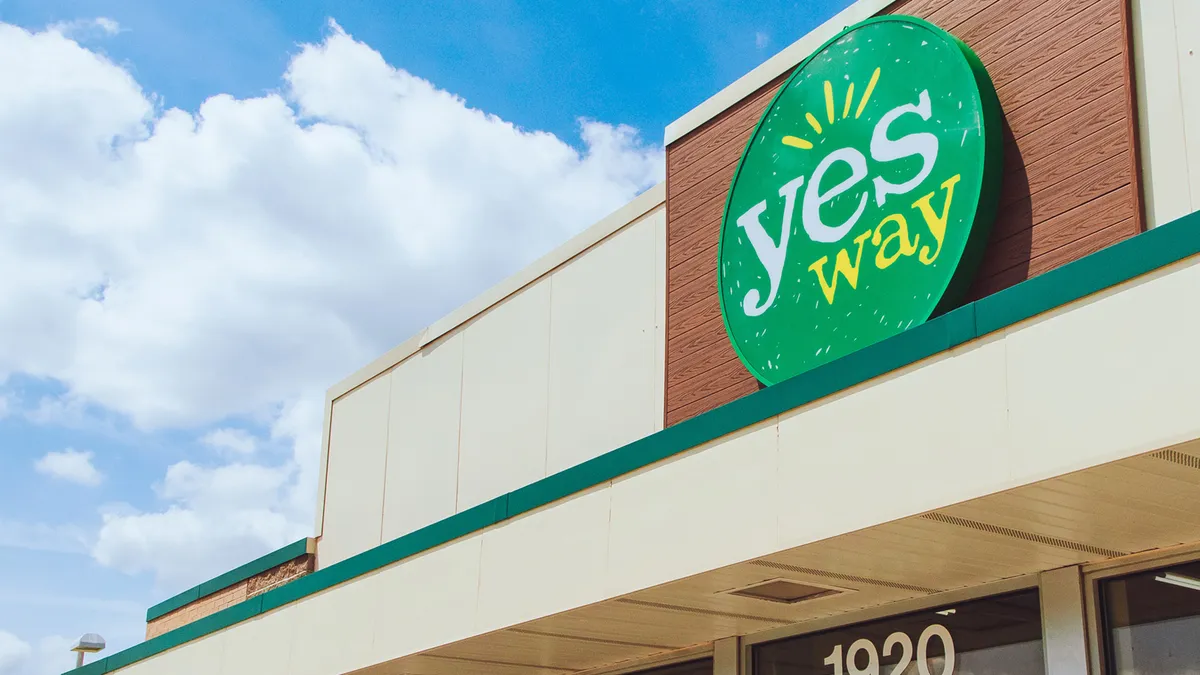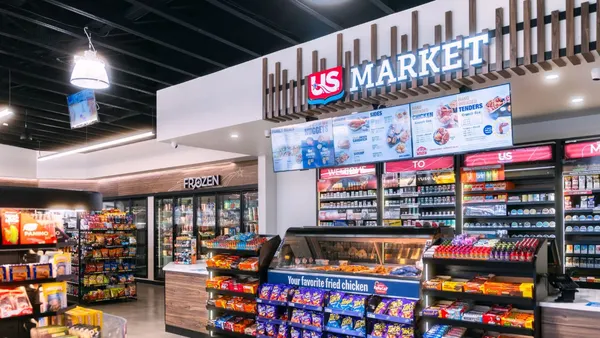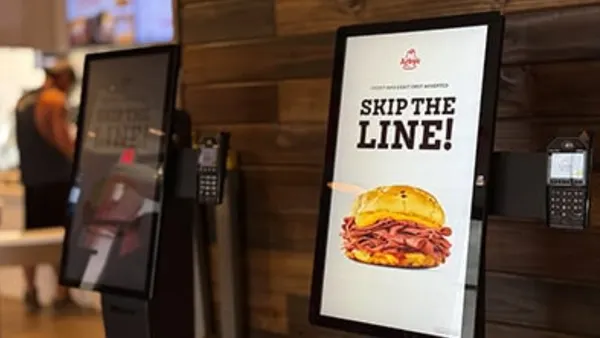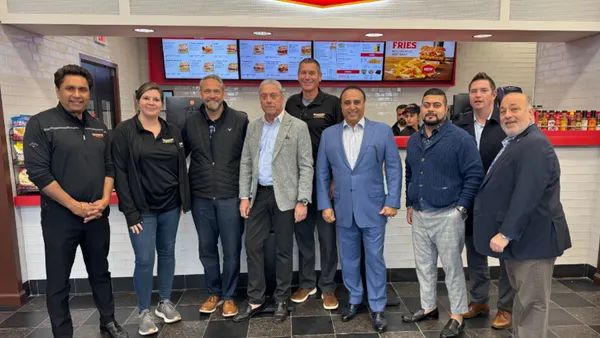3 Big Numbers is a weekly column that looks at a few key details from around the c-store industry.
Is bigger better for c-stores? Not always, but when a company wants to prioritize foodservice, it certainly helps. That’s the driving force behind new stores recently announced by 7-Eleven and Applegreen that are larger and more food-focused than their traditional locations.
Arko Corp., parent company of GPM Investments, hasn’t announced that it’s going bigger, but it will be testing out a new store design with a brand-new food offering next year.
In today’s “3 Big Numbers,” we’re digging into each of these plans and how they fit into the companies’ wider growth ambitions.
7
The initial number of c-stores in Arko’s food-focused design program.
For years, Arko’s c-store arm, GPM Investments, was known as an acquisition heavyweight. It bought more than 20 companies over the past decade, including several deals that included over 100 stores. It also made bids for TravelCenters of America, which was ultimately bought by BP, and Mountain Express, which was eventually dissolved in bankruptcy.
In 2024, Arko refocused on organic growth. It has also made strides in foodservice, where it introduced value-priced options, tapped Nathan’s hot dogs for its roller grills and named a Casey’s General Stores and RaceTrac veteran as senior vice president of foodservice.
These changes culminated in Arko announcing in November that it would be testing a new food-focused store design at seven sites, with plans to add more if the pilot is successful. While it’s going up against c-store food powerhouses like Casey’s and Sheetz, CEO Arie Kotler said during the Q3 earnings call that the company “recruited a large group of people to test our food to make sure that this is what the customer is looking for.”
Remodeling these locations will begin early next year. Then we will learn what the foodservice program will be called and get a better idea of what it brings to the table.
$1 billion
The amount Applegreen plans to invest in its travel centers over the next five years.
International retailer Applegreen has earmarked over $1 billion to expand its travel center business in the U.S., U.K. and Ireland.
First and foremost for our purposes, that means more and bigger travel centers here in the U.S. Applegreens are regularly found along major thoroughfares, like the New York State Thruway, New Jersey Turnpike and Garden State Parkway. The company combines its c-stores with a variety of restaurant and fuel options, making them a one-stop road trip shop. The plans for larger, more food-focused plazas follow the company’s recent remodeling project for its N.Y. Thruway stores.
In addition to the upscaling, Applegreen is also bolstering its electric vehicle charging infrastructure. The company revealed in March that it wanted to double its number of EV chargers in New York by the end of this year. Now it’s slating even more money to grow EV charging in the U.S., U.K. and Ireland.
100,000
7-Eleven’s global store count target for 2030.
While it’s primarily known for its North American and Japanese stores, 7-Eleven has locations all over the world — and plans for many more.
Here in the U.S., we’re watching the early stages of the company’s rollout of its New Standard stores, which are larger and focus more on food and fuel. The plan is for roughly 600 such locations to open by the end of 2027.
But while we’ve been focused on those new North American stores, 7-Eleven has also revealed an even bigger plan. It wants to have 100,000 stores globally by 2030.
At the end of February, the retailer had nearly 85,000 locations across 20 countries, per a recent investor presentation. It’s hard to know exactly how many it has now, since in addition to opening new sites, it is also closing 444 underperforming stores in North America. Multiple news reports also suggest it has closed all eight of its stores in Israel, less than two years after debuting in the country.
7-Eleven’s global presence varies, with Laos having only three stores as of February while Japan had a whopping 21,535. But with the company aiming to have a presence in 30 total countries, it should have plenty of ways to add 15,000 stores over the next six years.


